Welcome back. I am so happy you are taking the time to join me. Are you surprised we have another issue so soon? Next month the Newsletter will be near the end of the month as usual, but this is a special issue for you for Remembrance Day. It’s a lengthy Newsletter so you may need to select “continue reading” when you get further along.
In Canada, every year on November 11, we celebrate Remembrance Day.
I was asking a few of my family members and friends what Remembrance Day meant to them , because I was remembering when we were young at school, the schools would give all the students Poppies to wear for the week before, and on, Remembrance Day. This symbolized and honoured those who had joined and served in the active military: the Veterans.
The schools would have an ‘Assembly’ where the whole school would gather in the gym and have ceremonies to pay respect to the Veterans. We recited the poem ‘In Flanders Fields’ and then the whole rest of the day was a holiday. All stores were closed (at least 1/2 day) and Government employees had a full day off work, called: Observance.
I asked my friend Beverley what she thought and felt about Remembrance Day, or what did the day mean to her? She said, Remembrance Day always made her feel very sad . That is partly because of a particular memory it always brought to mind.
She remembered that when she was in grade 4 in Ralph Brown school, that the school had a tradition that if your Father, or a relative, was killed in the war then you got to lay a wreath at the front of the hall during the Remembrance Day ceremony to honour them. The teacher asked, “whose father was killed in the war”? there was no response,, and then the teacher asked, “well, whose father was in the war”? Beverley said her father was, and there was another girl whose father had been in the war, so there were only the two of them.
The other girl got up to lay a wreath, but Beverly said she didn’t get up to go lay a wreath because she just remembered that her parents were divorced. She wondered, if my parents are divorced, does that mean that he’s not my father anymore? She wasn’t sure, and so she didn’t want to get up and go and lay a wreath for her Veteran Father if he wasn’t her father anymore.
It made her so very sad. So, since then, when she thinks of Remembrance Day, she thinks of that incident and it makes her very sad.
I’ve always remembered observing Remembrance Day, because in my family, we’ve always had soldiers (starting with the First World War). I write about those Soldiers in my book, ‘Back In The Days’.
I learned about our family’s Soldiers in different ways. I learned about our first Soldier, my Mother’s brother, from a story my Mom usta’ tell about him and how he signed up for service in the army.
We also had photos of him (in his uniform) in a trunk that contained my Mom’s Family Photo collection and my Grandma and Grandpa’s Family Bible.
The First Soldier
Momma told me about the soldiers in our family.
The first soldier was my brother Horace. We called him Horrie. He was in The No 2 Construction Battalion. Canadian Expeditionary force.(CEF)
Mom said her mom, Ma, cried as she watched Horrie go.
Ma said, “Look at him go! My baby boy”.
Tall, and proud… ( I hope that pride don’t get him killed). The light in his eyes is as brilliant as the brass buttons on his uniform.
Mom told me her brother Horrie lied about his age and joined the army ’cause he was afraid of our grandpa, “Pa”.
You see (Mom said), he’d taken Pa’s money and was supposta go buy some stuff for the house, and instead he went and brought a chicken and some whiskey and went down to Johnny’s house and they had a Flicky.
Mom said, All of them young Niggers would party at the drop of a hat, ya know.
Buy some meat, or steal a few chickens and cook up a pot of stew, bring out some guitars, mouth organs, and spoons, and put out the word we’re havin’ a Flicky, and they’d party all night long.
Ya. He joined the army rather than to face Pa.
Just 16.
A baby.
Gone in the army’s Construction Company.
That’s what they had them Black guys do. They built all the ditches and roads and shovelled the shit in the latrines during the war.
Yep, (my Mom said) my brother Horrie, he was the first soldier in our family in the Great War. World War One.
************
The next stories and poems I will share are a combination of stories I was told, by my Mom and my cousins, from my Auntie, and from memories I have from when I was just a little girl living in Winnipeg. Even though I was very young, I will never forget…..
When the Soldiers Stayed with Us
My mother’s house was full of soldiers before and after the Korean War. We had them comin’ and goin’, my mother said. In our SMALL two-bedroom house, besides us, there might be as many as twelve extra people sleeping there. (Eatin’ too!) Soldiers were sleeping on the Hide-A-Bed couch, plus we had Roll-Away cots pulled into the living room, the kitchen, and the back porch.
Once the house was full, we lost the only sitting space we had left, ’cause Mom would bed-down soldiers in the front sun porch. She’d put them on a chesterfield out there, and pull a Roll-Away in too. If push came to shove (and it did), one extra soldier wound up sleeping in the big armchair out there too.
They arrived in Winnipeg and found their way to the Coloured Baptist Church, like their people back home had told them to. They asked Coloured folks to put them up till they got their orders as to where, when, and how the Military was going to transport them to overseas to Korea. They came here from all over the Eastern parts of Canada. Lots of them were down-homers, my mom said. That meant they were from Nova Scotia, where Mom’s originally from. Some of them turned out to be relatives of ours, distant, close, and we even found one second-double cousin.
I know they wished they could have spent their last shore days sprawled out in some nice fancy place, but they couldn’t. In those days, they couldn’t get rooms in hotels. Hotels in Winnipeg didn’t rent rooms to Coloureds, or Indians. The fact that some of them were fifth and sixth generation Canadians, and that they were all going to fight a war for their country, didn’t mean nothing much to hotel owners.
*****
A Soldier’s Dreams
I remember how handsome my cousin Alvin was in his uniform
he just beamed
That’s the only word for it.
It wasn’t just his gleaming smile
his face glowed.
I swear!
Like an angel’s.
His hair was cut, and he was stylin.
He was real young … I think he lied about his age to get in the army
’cause Rudy and Delacy (those were my cousins) and Paul (his brother),
they were goin’.
And Alvin always wanted to be just like Paul.
So they were all goin’ Together.
They were comin’ thru Winnipeg on the trains on their way to …
wherever they would ship off to Korea from.
God, we were all so proud of them.
They came to the Baptist Church and got fussed over, big-time.
Then they had a dance for them and a party
and got much pussy (they said).
I didn’t know what it meant then, but I do now.
And they got it ’cause they were soldiers and they were fightin’ a war for us
and this war would make things different, they said.
Something happened to them over there.
It musta been awful
’cause
it didn’t seem that long since we saw them
Oh, wow!
It was too amazing!
Rudy was a zombie
and Delacy was a ghost
and Alvin had rotten teeth!
Paul was an old, old man
and crazy!
Like, scary crazy.
They said he was shell shocked.
I wasn’t sure what that meant
but it made him mean.
Real mean.
He went home and married Elise
she was just a real young girl
she had no parents.
Elise was smitten by that old, worn out uniform
and a few words of love
and they got married.
He beat her all the time
and dragged her around by the hair
and burned her with cigarettes.
Then he’d pass out and have those terrible nightmares
’bout the war
and wake up screamin’ and sweatin’
And Elise would hold him ,and rock him in her arms
and they’d cry together.
He’d bring over old drunks sleep with her
and beat her if she didn’t
’cause he owed them money
and they kept him in booze
’cause he didn’t work.
Couldn’t get a job.
Nothing changed
since the war
’cept them.
Yeah.
They say Paul was crazy since the war.
And they say Alvin
was
just like Paul.
**************
Aunt Ethel’s Boys
I sent my son to war
my baby
my child …
grudgingly.
This country ripped him from my womb
Like a backstreet abortionist.
I watched him go.
Eager.
Proud.
Hopeful.
Dressed in the murderous khaki
both sides wore.
Tall.
Proud.
Hopeful.
Believing that you’d finally embrace him.
He boarded your train,
your ships,
your planes,
and he was gone from me.
You sent back this … stranger
you claim is my son.
Stooped.
Defeated.
Degraded.
Finding his hope for chance and change
Shattered.
Buried.
Under those third-class decks
you relegated him to on his return
drowned
under all that liquor he drank
in order to face each day.
Hiding.
Blocking.
Denying.
The severed limbs
spilled guts
orphaned children
raped women
your war left as its legacy.
He fought those communists
side by side
up in front.
Boldly.
Bravely.
Patriotically.
Fought.
For dreams of Freedom.
Democracy
And equality.
And came home
(Third Class)
to the same-o same-o
segregation
and degradation
his daddy
and his daddy’s daddy faced.
And my
Hopeful
Proud
tall
beautiful
Son
stooped!
To shine shoes
and sit, jobless, on the curb
with his bottle of whiskey
wrapped up in a brown paper bag
along with his dreams.
**********
I find I am curious as to what people think and feel (if they didn’t have family who served or experienced war). I wonder, do we only observe the war and the soldiers and the military on Remembrance Day?
I just learned that President Barack Obama designated March 29th as National Vietnam War Veteran’s Day in the USA, to honour Veterans of the Vietnam War. That day was just designated in 2012. The Vietnam War casualties war death toll is estimated to be around 3.8 million. Not all of those deaths were soldiers. That death toll includes civilians caught up in the fighting.
Many soldiers were drafted for the Vietnam War. This brings to mind some questions, like: Is there a difference in the feelings people have for those soldiers who were drafted and those who volunteered? Has the feelings of resentment for Conscientious Objectors changed over the years? What was the Vietnam war experience like for those soldiers who fought there ? How do the Veterans of that war feel?
I was lucky enough to have a conversation for this Newsletter, with a Veteran, Adisa, Layfette who had served in Vietnam. He talked about that war and other wars his family and people he knew had served in. I will include our conversations later in this Newsletter.
We haven’t had a war on our soil, in our country for a very, very long time, so to us the concept of war seems surreal. War seems something so far away, so distant . I wonder, what do the people who have experienced war in their countries feel about war ? Like people in Europe? Afghanistan? Africa? Korea? Japan? Vietnam? What do those people feel about their soldiers? their military? The effects war had on their countries? What memories, what honours, what Ceremonies of Remembrance, do people from those places have for those who served, and those who supported their Veterans and the war effort? What do they think and feel about the soldiers and countries they fought against? Or do they?
*******************
I asked my husband Irvin, who was born at the end of WWll in Poland, and spent his first four years in a Refugee camp in Germany: What does remembrance Day mean to you? What do you think about on Remembrance Day? What does that holiday observance mean to you? I asked him to just tell me the first thoughts that came to his mind.
He answered, “I have to say, what comes to my mind is, I remember my parents saying that without the Canadians, US, and British, soldiers who rescued my family (who had spent the time in a concentration camp) saying that without the Allied soldiers defeating the Nazis, my family (what was left of it) probably would not have survived. The Nazis would have wiped out all of the Jews - all of them. They would have been wiped out because the Nazis would’ve won”. He said, I also remember that my mother never told me the names of her brothers and sisters that got killed by the Germans.”
Why do you think that she didn’t tell you? Or why do you think your father wouldn’t tell you? They wouldn’t tell me anything because they said, ‘it was all too horrible’.
My parents would never tell me about the tattoos they had on their arms either, he said . The only time I learned about that, or anything about them from those years, was after Steven Spielberg’s team (from the US Shoah Foundation) came to Winnipeg to interview my parents and to do audio-visual interviews with survivors and witnesses of the Holocaust for a documentary they were producing about the Holocaust. My parents both were survivors of the Nazi Concentration camps.
As well as talking to my husband, Irvin, I asked different generations in my family, the same kind of questions: I asked my niece, Tara, her thoughts on November 11th: Remembrance Day.
She said: I think my generation and the younger ones can’t relate to Remembrance Day. Every thing we know is second hand, just like Slavery and the Holocaust. We know it happened, but we weren’t really taught about it in school here in Canada.
I went to school in Montreal, and for our Canadian History we were taught about Lower Canada and Quebec. These days, we don’t talk about war at all, so .. I mean you want to relate? But what do you do? It’s like, what is that thing?
Nowadays, it’s like you go to a stand at the store or the mall, that says “Remembrance Day” or my poppy.ca”. There is no one there at that stand to talk to. You just scan a spot on the box there and a Poppy comes out. Or sometimes you see a box with Poppies in it, and beside it a donation box where you can drop money it for taking a Poppy. They are asking for money but we really don’t even know for what, or who it goes to.
Next, I spoke to my daughter April, and she said she always thought Remembrance Day was a White Veterans Day to honour White veterans because she never saw any Blacks or Asians or Indigenous people being honored. As a kid she just thought Remembrance Day was about White people and people making money through Capitalism. She thought only the poor people were sent to do the fighting and dying.
It was kind of like Christmas (she said) when I was growing up there were no Black Santas only White Santas, no Christmas movies about us, no Christmas cards, no photos of us as caroling, so I thought Christmas was the same kinda thing.
It wasn’t until I moved to Vancouver, and I met Kelly White, an Indigenous Social and Environmental Activist who had an Indigenous radio program on Vancouver’s Co-op. Radio 100.5 FM called: “Kia How Ya”, that I realized there were Indigenous Veterans because Kelly White had organized had a special “Aboriginal Veterans Day Event”. Until then, I didn’t consciously know that Indigenous Veterans existed. You know, my daughter April said, It wasn’t until I was an adult and read your book about our family and our soldiers, did I really know and then research information about our Black Canadian soldiers and Veterans.
As far as wars go, I don’t even think there should be wars. Like I said, I, like most people I know don’t want wars, or think we need wars. I think that the men who decide to make the wars, make those decisions, not for the people, but make them for power, or money, or land. I know the people don’t want wars. I think most people want conflict resolution without people taking up arms, without thousands and millions of people dying.
Country leaders are people who are consciously pitting people against each other, making people compete for land and resources. It’s beyond sad.
What do I think of Remembrance Day now? Now, as an adult, I realize that people who join, and are Veterans who have served in the military, joined to do the right thing. They had good intentions. They joined to protect and serve their country and all of their people, and their
Allies, and I think they deserve to be honoured and remembered.
*************
I was lucky enough through a Friend, Michelle, in Toronto, to be introduced/connected to a US Veteran, Adisa Layfette, who lives about a 45 minute drive from here in Duncan. I drove out to see him for a introductory meeting we hit it off really well. He agreed to drive here the following week to have a conversation with me for my November Newsletter.
Adisa was a Vietnam Veteran and I wanted to get his story and his knowledge, and learn from him about his, and the experience of other Veterans he knew. I recorded and taped some of his memories, and his stories that he shared. of Veterans from different wars in our history. He shared stories Veterans in his family and other Vets he served with. I also wanted to know about the treatment and attitudes toward Black Servicemen during and after the different wars.
I started out by asking him what he thinks of Remembrance Day?
Malcom X and my time and experiences in the US Navy :
Adisa talks about dealing with the racism he faced from the White sailors on the ship he served on: “I had to learn how to protect myself.”
Telling me these stories of racism and trauma he experienced in the Navy, reminded Adisa of stories about some of his family members who served in the wars, and stories of what happened when they came home, and after they came home. He told me:
My Grandmother’s Brother, my Uncle, he was in the First World War, and he survived, and he came back home to Arkansas. He was part African, and part Irish, cause his father was Irish, and my Grandmother was part Black and part Native American. Well anyway, he survived and he came back to Conway County, Arkansas, and he was walkin down the street in this little town. He had on his uniform and he was walking down the street in a neighbourhood in this little town in Conway County. He encountered this group of White guys, and they didn’t like the idea of him wearin that uniform and showing his pride, so they started a fight with him. Four or five guys were fighting him and one pulled a gun out and my Uncle grabbed the gun away from him and in the process) the guy got shot. Anyway, these guys lynched my Uncle because of that incident, and nothing ever happed to them for doing that.
Another one of my Uncles was lynched too by these people. I don’t know why, but in those days there didn’t have to be a “why”, because on Sundays that was a part of the practice of the Evangelist Church goers. They go out after church to lynch a Black person. So… I guess my Uncle was just in the wrong place at the wrong time.
Q:: Did you ever have any on the ground combat when you were in Vietnam?
Q: Can you tell more about your job in the Navy over in Vietnam? did it affect your physical health? Your mental health? What is your experience now as a veteran? Like, what support do you get from Veterans Affairs?
Adisa closed our conversation telling about how he felt about the treatment and lack of support he gets as a Veteran from Veterans Affairs.
He said: It’s hurtful. It’s very hurtful.
********************
To complete this November 11th Remembrance Day issue let’s look at our Government of Canada’s Peacekeeping initiatives. Let’s honour and remember the people who work on Peace, Security, and Human Rights.
Canadian peacekeepers have made great contributions, but their sacrifices have been heavy. These brave individuals take their honoured place in our country's proud military history beside the service members of past generations who took part in the world wars. Canada honours these heroes in many ways. Reconciliation – the Peacekeeping Monument is a powerful memorial in downtown Ottawa that was dedicated in 1992. The names of Canadians who gave their lives in these efforts are written in the seventh Book of Remembrance, called In the Service of Canada. National Peacekeepers’ Day is also observed each year on August 9—a special time to remember all those who have done so much for peace, security and human rights.
https://www.veterans.gc.ca/eng/remembrance/classroom/faces-of-peace
**************
Thanks once again for coming to take time out and spend with me. I hope you enjoyed this special November remembrance Day issue. If you have any feedback again, I ask that you leave some comments on my Substack newsletter in the little comment box. Also, if you like it, please tell your friends to subscribe and tell them you can subscribe from here on Substack or from my website.: www.addenasumterfreitag.com
Christmas is coming and books area perfect gifts!! so … please consider ordering Print books for your family and friends, or your classroom or your library’s, Order them from my website: addenasumterfreitag.com
On my website is a email link to Contact me and you can get a discount on print books for Book Clubs, Bookstores, and on Classroom Orders.
🎉🎉🎉
eBooks are also available from your favourite eBook distributors
Thanks again to Adisa 💖 Tara 💖 April 💖Irvin💖and Beverley 💖 and thank you for coming back.

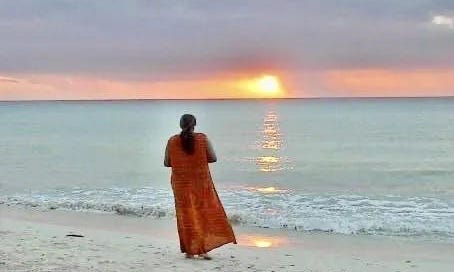




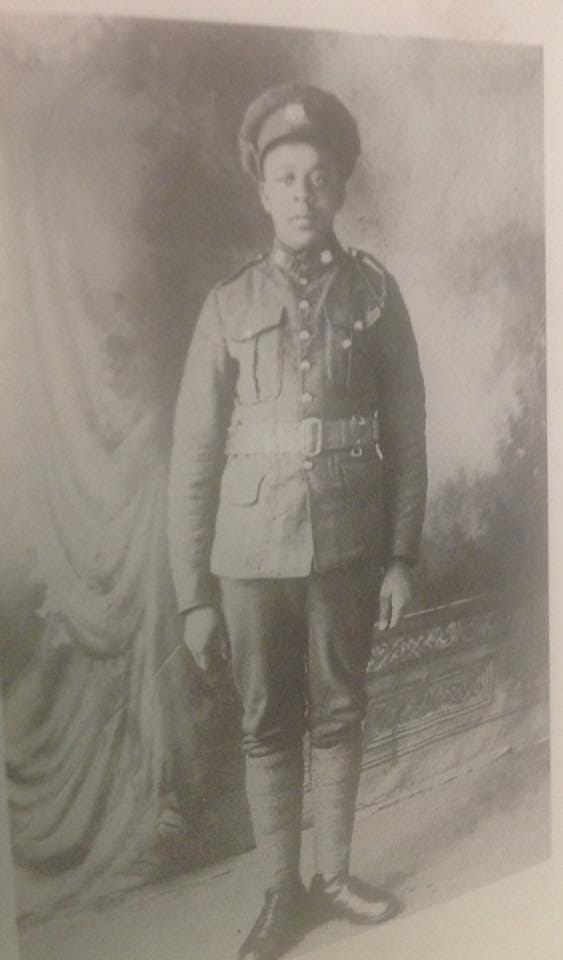
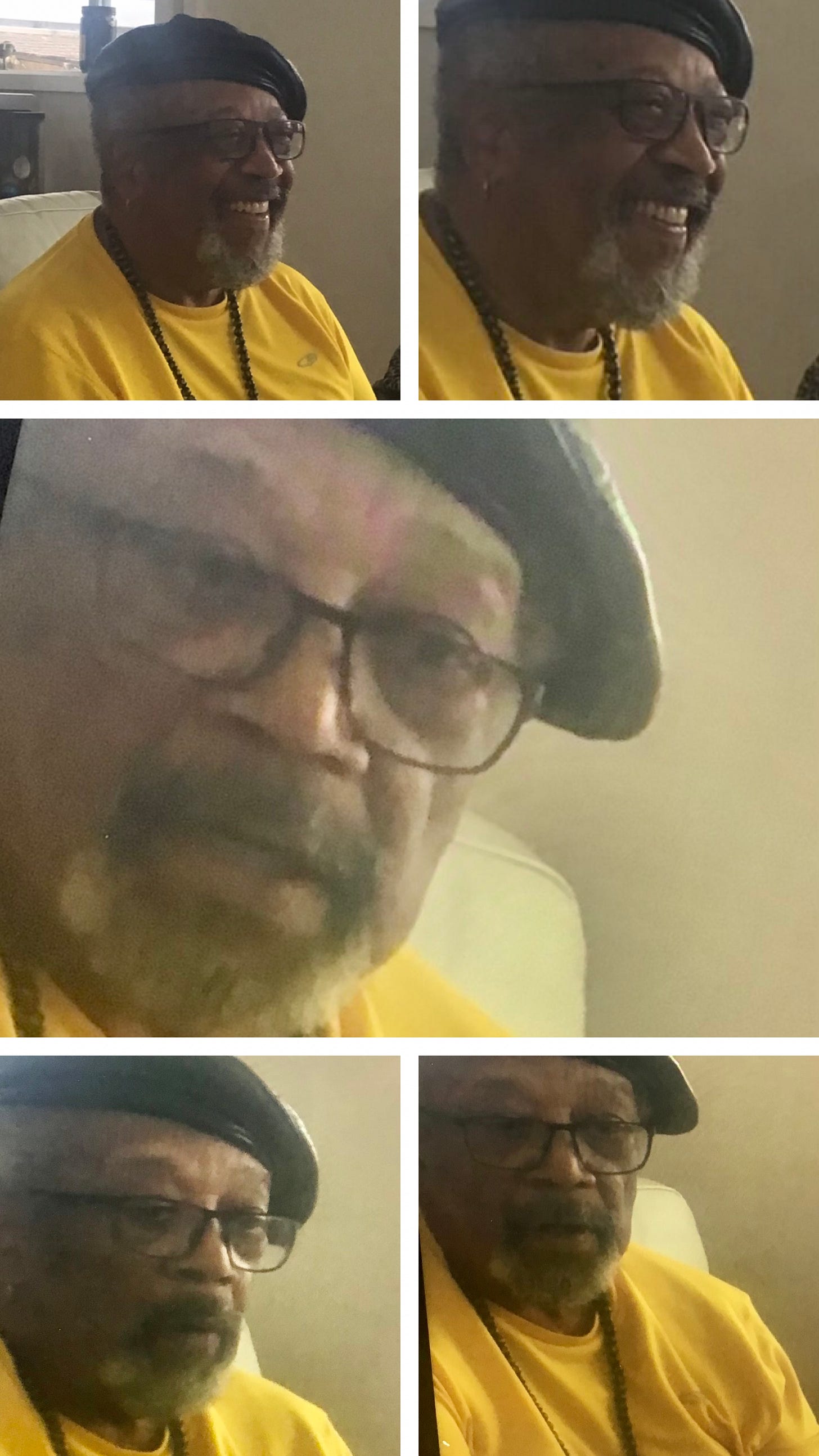
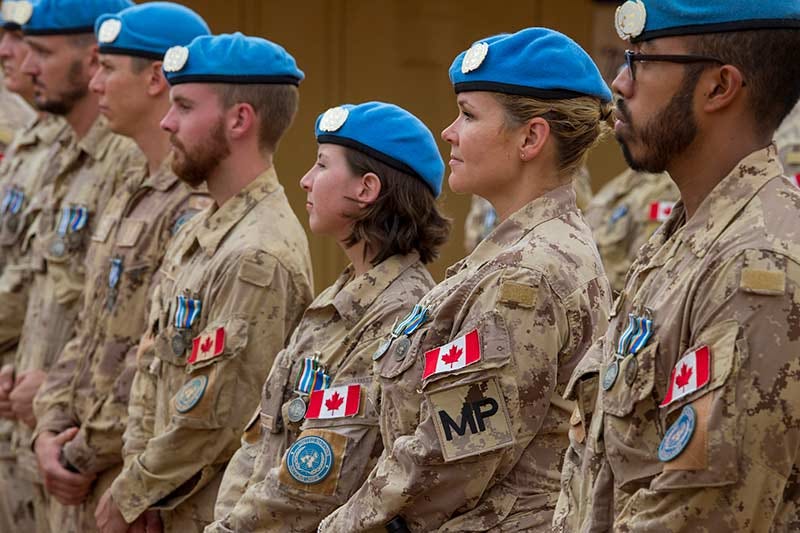
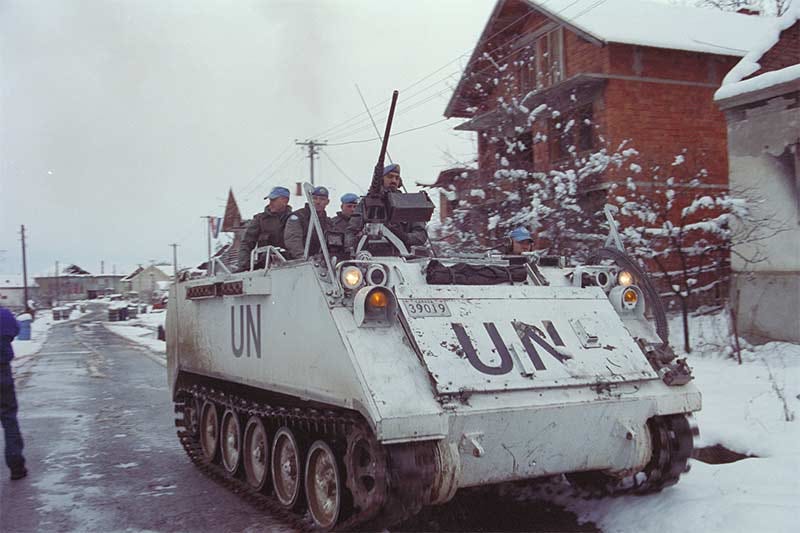
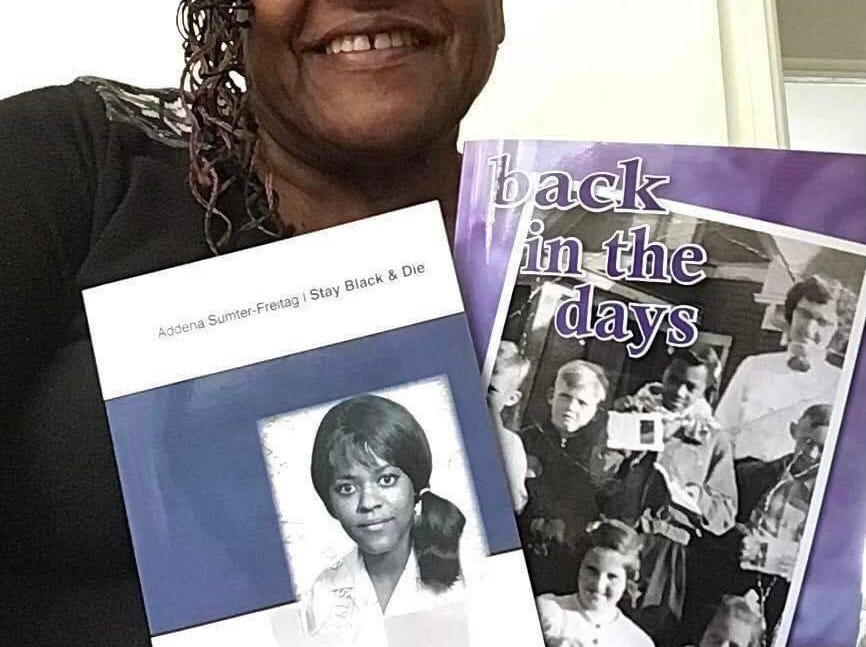
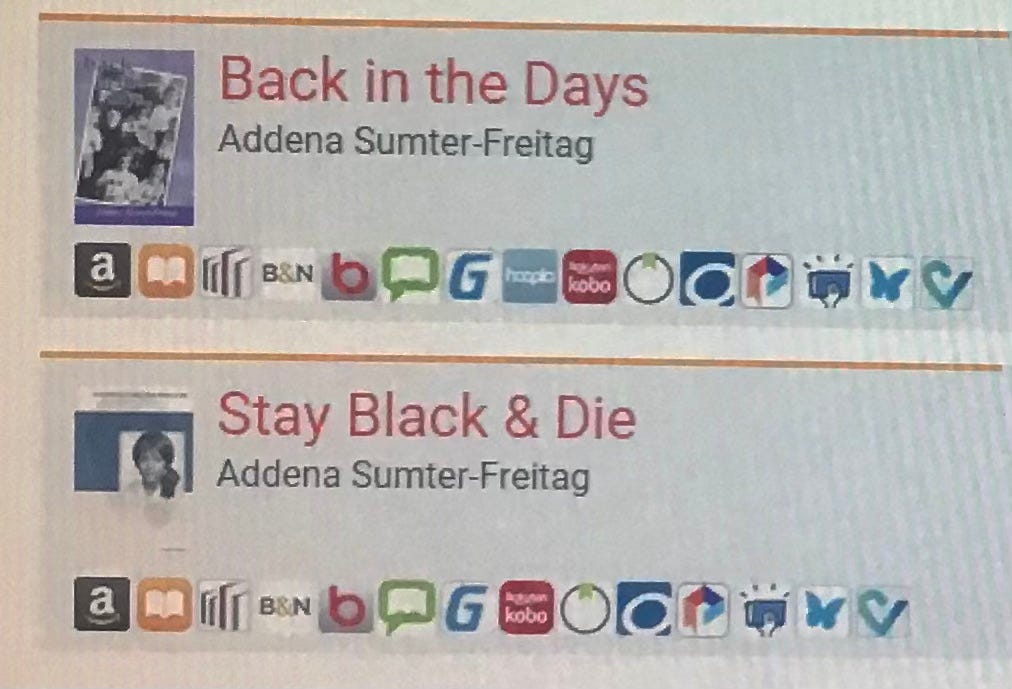
This was a tough but fascinating read because I have mixed feelings about Remembrance Day. I had an uncle who served in WWII, but I don't remember much about it, because of course the war was over the year I was born, and it wasn't spoken about in my house when I was growing up. do honour those who joined in good faith and with good intentions, but I am against war and all it stands for. I've always said if women ran the world, we'd have no war. Of course nowadays we know there are some women (American mostly) who are just a soulless as some men, but generally speaking, we just want to sit down and reason. I'm so sorry to hear about the way Adisa is being treated by our government as a veteran. That is wrong. he shouldn't have to fight for benefits that are so rightly his.
Thanks for another great substack, Addena! Interesting and enlightening, as always! Love you!
Myrna
A very interesting read Addena. I particularly loved your interview with my friend Adisa. I have several family members who were in various wars and like so many vets, their experiences were never talked about but you knew, especially when you became an adult the silence harboured memories that were indeed too horrible, too hurtful to talk about. So thanks for this commentary and a special thanks to Adisa. Stay strong my friend. You are a survivor.